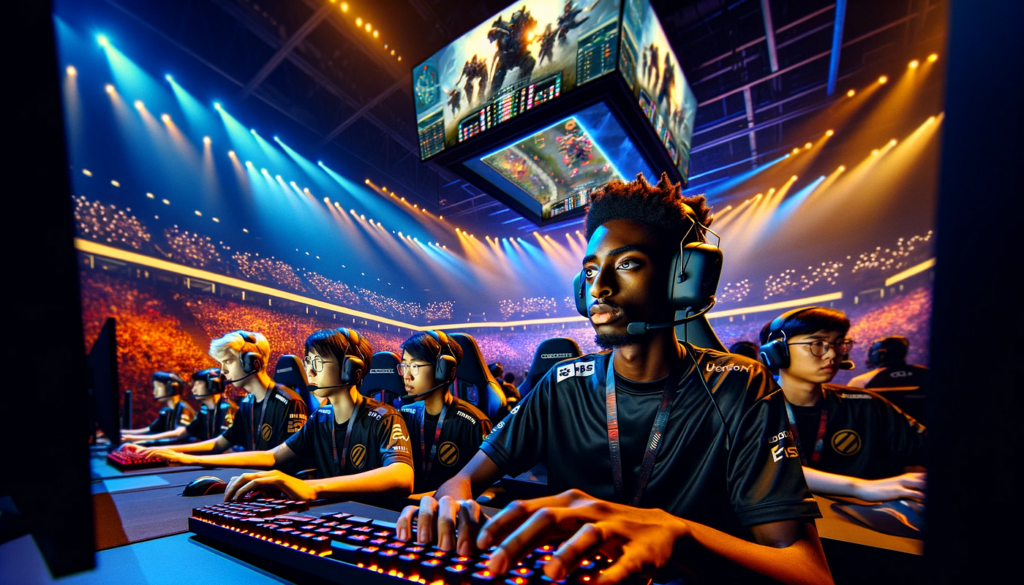The Emergence of Esports
Esports, or electronic sports, has transformed from a niche hobby into a global phenomenon. What began as casual competitions among friends has evolved into organized, professional tournaments with massive audiences. The rise of esports is reshaping the gaming industry and the world of sports entertainment.
The Growth of Competitive Gaming
Competitive gaming has gained immense popularity in recent years. Games like League of Legends, Dota 2, and Counter-Strike: Global Offensive are now staples of the esports scene. These games feature intricate strategies, skilled players, and high-stakes matches that captivate audiences around the world. Esports tournaments attract millions of viewers, rivaling traditional sports events in scale and excitement.
The Rise of Professional Gamers
As esports grew, so did the role of professional gamers. Players now train intensively, much like athletes in traditional sports. They practice for hours, analyze strategies, and compete in high-pressure environments. Top players have become celebrities, with large followings and lucrative sponsorship deals. Their dedication and skill elevate esports to a level of professionalism previously unseen in gaming.
Major Esports Tournaments
Esports tournaments have become grand events with impressive production values. Events like The International (Dota 2) and The League of Legends World Championship feature elaborate stage setups, live audiences, and significant prize pools. These tournaments not only showcase top-tier gameplay but also create memorable experiences for fans. The scale and spectacle of these events contribute to the growing legitimacy of esports.
The Role of Streaming Platforms
Streaming platforms like Twitch and YouTube Gaming have played a crucial role in the rise of esports. These platforms allow gamers to broadcast their gameplay and interact with audiences in real-time. They provide a space for fans to follow their favorite players, watch live streams, and engage with the esports community. Streaming has become an integral part of the esports ecosystem, expanding its reach and influence.

Sponsorship and Investment
Esports has attracted significant investment from major companies and brands. Sponsorships and partnerships with companies like Intel, Red Bull, and Nike have become common. These investments help support players, teams, and tournaments, fueling the growth of the industry. The involvement of mainstream brands further legitimizes esports and integrates it into broader entertainment and sports landscapes.
The Impact on Traditional Sports
The rise of esports has influenced traditional sports in various ways. Many sports organizations and leagues are exploring opportunities to integrate esports into their offerings. For example, the NBA has launched its own esports league, the NBA 2K League. This crossover highlights how esports is bridging the gap between digital and physical sports, creating new avenues for fan engagement and entertainment.
The Future of Esports
The future of esports looks promising with continued growth and innovation. Emerging technologies like Virtual Reality (VR) and Augmented Reality (AR) may further enhance the gaming experience. The expansion of esports into new regions and markets will also contribute to its evolution. As esports continues to develop, it will likely shape the future of entertainment, blending digital and traditional elements in exciting ways.
Conclusion
Esports has transitioned from casual gaming to a major force in the entertainment industry. Its growth reflects a shift in how we view and engage with gaming. Professional players, large-scale tournaments, and streaming platforms have elevated esports to new heights. As the industry continues to evolve, it will undoubtedly shape the future of both gaming and entertainment.

